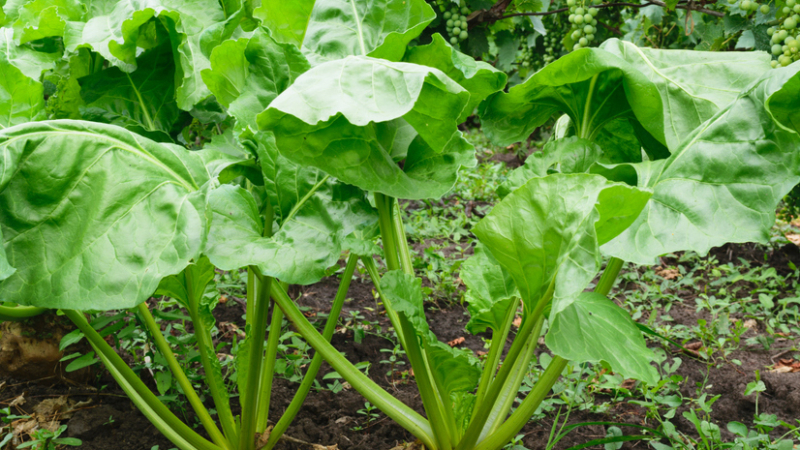India Doubles Down on Trade-Distorting Export Subsidies
Stop us if you’ve heard this one before.
India has a massive sugar problem. It will have 17-million-metric-tons more sugar than what it consumes this year, according to a recent USDA report. USDA notes the 17 million tons is more than double India’s minimum annual stock requirements. And India’s sugar mills are finding it difficult to sell this surplus sugar at a profit.
Seemingly undeterred by three separate challenges at the World Trade Organization regarding its use of an array of market-distorting subsidies, India is considering utilizing more export subsidies in an effort to reduce sugar stocks and settle outstanding payments to cane farmers.
India plans to bolster efforts to boost sugar exports and help beleaguered mills in defiance of criticism from Brazil and Australia that its existing subsidies are keeping global prices low and hurting their farmers. The government may reimburse exporters some ocean freight and marketing expenses, according to people familiar with the proposal, who asked not to be identified as it isn’t public.
These new payments are an unwelcome addition to India’s already long list of trade-distorting practices – including the use of cane subsidies and subsidized and preferential loans – that have encouraged overproduction and contributed to depressed prices on the global sugar market. They have created a problem in their domestic market and by dumping sugar below the cost of production on the world market created problems that threaten sugar producers world-wide.
As one opinion writer recently emphasized in the Indian newspaper, The Hindu Business Line, “this situation is entirely [India’s] own making:”
In a bid to please the sugarcane farmers, an important vote bank in States such as Maharashtra and Uttar Pradesh (UP), successive governments have announced [a] high cane price. Over the years this has resulted in a huge mismatch between the prices of sugarcane and other crops. Today, sugarcane fetches 60 per cent higher returns than any other competing crop. Assured of both price and market, farmers prefer sugarcane even if they periodically face significant delay in receiving payment.
Sugar surplus is bad for everyone. It depresses the prices apart from affecting the cash flow of the mills. They struggle to pay the farmers and as arrears mount the government is forced to step in and help the mills clear the dues through relief packages.
The bitter truth is that doubling down on export subsidies will only continue to drive distortions in the global sugar market. Prohibiting direct and indirect export subsidies must be the first step to fixing the most distorted and volatile commodity market in the world.
That’s why the U.S. sugar industry support’s Congressman Ted Yoho’s Zero-for-Zero sugar policy, which eliminates all global subsidies and allows America’s efficient sugar producers to compete on a level playing field. Only with a Zero-for-Zero sugar policy will a true free market have an opportunity to thrive.



